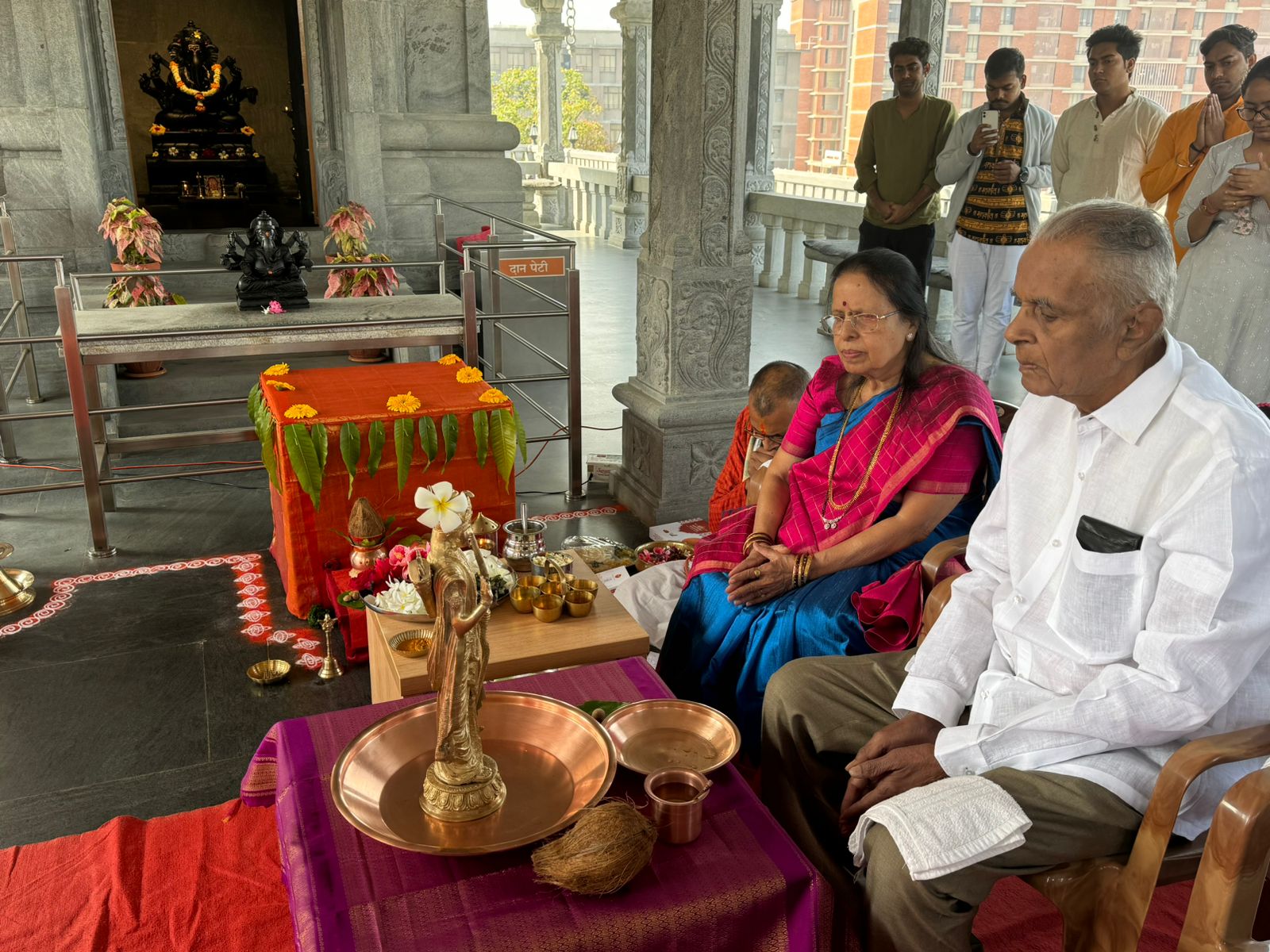
It is a proud moment for all Indians as today on this historical day we celebrate the Pran Pratishthan of Ram Lalla at the Ram mandir in Ayodhya. Ayodhya is the birthplace of Lord Rama, a central figure in the Hindu epic Ramayana. The site has been revered for centuries. The construction of the Ram Mandir officially began on August 5, 2020, with a groundbreaking ceremony attended by the Hon’ble Prime Minister Narendra Modi. Today is the Pran Pratisthan of the Ram Lalla in the Ram Mandir.
The event today, has brought together thousands of people from all across India and abroad. While only two and half thousand people can attend the event in person, it has brought together people from varied backgrounds, states and cultures of India, to celebrate this momentous occasion, thus showing our unity in diversity.
I am drawn to the fact, that the event is a celebration of Shri Ram’s virtues that are relevant and worthy of being emulated in the present times. Lord Ram is often referred to as “Maryada Purushottam,” meaning the epitome of righteousness. His commitment to upholding dharma, or moral and ethical duty, serves as a guiding principle. In modern times, the emphasis on ethical behavior and moral values remains crucial for personal and societal well-being.
Lord Ram’s willingness to sacrifice personal comforts and even the throne for the well-being of others, including going into exile, reflects the virtues of sacrifice and selflessness. In contemporary society, such qualities are admired in leaders and individuals who prioritize the greater good.
His compassion and empathy are evident in his interactions with various characters in the Ramayana, including his compassion toward the vanaras and his concern for the well-being of his subjects. In modern times, leaders and individuals who show empathy and compassion are often seen as effective and humane. His leadership qualities are evident during his time as king. His commitment to fair governance, listening to the grievances of his subjects, and making decisions for the greater good are attributes that resonate with the qualities expected from leaders in modern society.
Lord Ram’s journey, including facing adversities during his exile and the challenges in rescuing Sita, demonstrates courage and resilience. In today’s world, individuals who exhibit courage and resilience are often admired for their ability to navigate difficulties. His devotion to family values, including his love and respect for his parents, his commitment to his wife Sita, and his protective nature toward his brothers, emphases family values which are relevant even in modern times.
His interactions with various characters, including his acceptance of constructive criticism show his humility. In modern times, humility is recognized as a key trait in effective leaders and individuals who value continuous learning.
While interpretations of Lord Rama’s character may vary, these character traits are often highlighted and revered, offering timeless lessons that can inspire individuals in navigating the complexities of modern life with wisdom, virtue, and compassion.
Therefore, establishing the Ram Mandir is akin to bringing back the virtues and morals that were associated with Shri Ram. If we can rise above the smaller agendas and imbibe these values into our lives we can create harmony and peace in our surroundings.